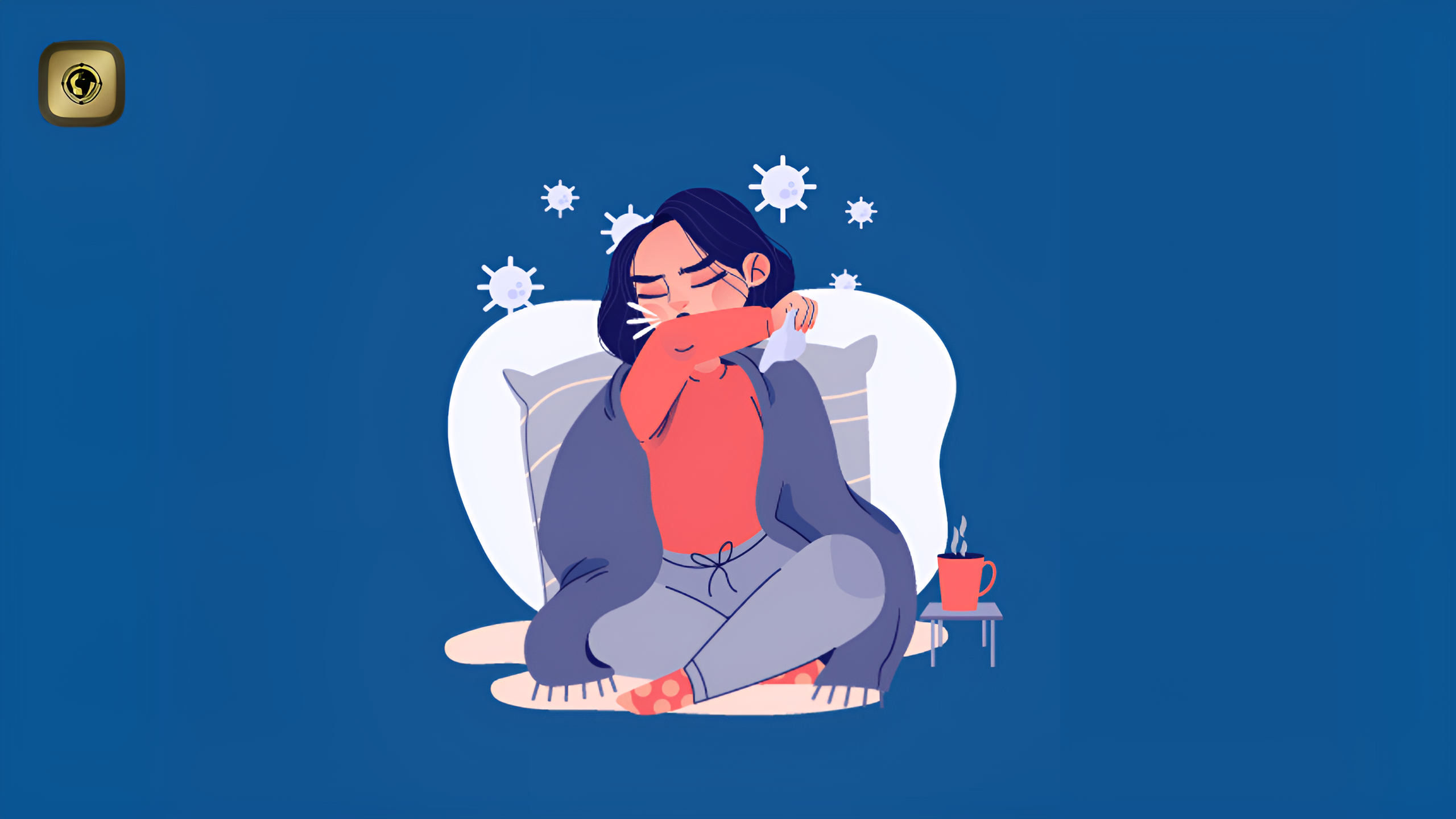March 27, 2025
Headaches are a common issue that can significantly affect our ability to perform daily activities, causing physical pain and hindering concentration. They can be triggered by various factors, such as stress, medical conditions, or lifestyle choices. Understanding the typical causes of headaches and ways to prevent them can help alleviate the discomfort. Here, we’ll explore the common causes of headaches and ways to reduce their occurrence.
Typical Causes of Headaches
Headaches often arise due to stress, fatigue, or insufficient sleep. Stress, in particular, can cause muscle tension that leads to headaches. Fatigue, resulting from inadequate rest or a lack of sleep, can also trigger headaches, as can dehydration from insufficient water intake. Regular sleep disturbances or irregular sleep patterns may contribute to headaches as well.
Categories of Headaches
Headaches vary in intensity and type, and there are several categories of headaches, including:
- Tension Headaches: These are the most common type of headache, usually caused by stress, anxiety, or muscle tension.
- Migraine: A severe form of headache, often affecting one side of the head, accompanied by nausea, vomiting, and sensitivity to light or sound.
- Cluster Headache: A rare type of headache that occurs behind the eye or on one side of the forehead, often at night, and may be accompanied by tearing, a runny nose, and red eyes.
- Sinus Headache: Caused by a sinus infection, this headache typically causes discomfort in the forehead, nose, or cheeks.
Nutrient Deficiency and Headaches
Sometimes, headaches are a sign of nutrient deficiencies. A lack of essential vitamins or minerals like magnesium or vitamin D can lead to headaches. Additionally, dehydration—due to inadequate fluid intake—can also trigger headaches. Therefore, maintaining a balanced diet and staying hydrated is important for preventing headaches. If headaches persist, consulting a healthcare professional is recommended.
Solutions for Headaches
There are various ways to manage and treat headaches once you know their underlying cause. Common treatments include:
- Medications: Over-the-counter medications like paracetamol and ibuprofen can alleviate headache symptoms. However, it’s always best to consult a doctor before taking any medication.
- Home Remedies: Simple methods such as applying warm or cold compresses, resting, or getting a gentle massage can provide relief.
- Lifestyle Adjustments: Regular exercise, a healthy diet, sufficient sleep, stress management, and reducing caffeine or alcohol intake can help reduce the frequency of headaches.
Home Remedies
In addition to medications, there are several effective home remedies for headache relief, including:
- Drink Water: Dehydration is a common cause of headaches, so drinking enough water can help relieve them.
- Rest: Resting in a quiet, dark room can significantly alleviate headaches.
- Cold Compress: Applying a cold compress to your forehead may help reduce headache pain.
- Warm Water Bath: Soaking in a warm bath can relieve tension and ease headache discomfort.
- Herbal Tea: Sipping peppermint or ginger tea may help reduce headache symptoms.
- Watch Your Diet: Certain foods, such as chocolate, cheese, and red wine, can trigger headaches, so it’s wise to avoid them when possible.
Preventive Measures for Headaches
You can take a few simple steps to help prevent headaches, including:
- Get Enough Sleep: Aim for 7-8 hours of sleep each night to help the body and mind rest properly, which can prevent headaches.
- Exercise Regularly: Regular physical activity reduces stress and improves blood circulation, both of which can help prevent headaches.
- Eat a Healthy Diet: A diet rich in fruits, vegetables, and water can keep your body healthy and reduce the risk of headaches.
- Avoid Stress: Practicing stress management techniques, such as yoga, meditation, or engaging in activities you enjoy, can help minimize stress-related headaches.
- Stay Hydrated: Drinking plenty of water keeps your body well-hydrated and may help prevent headaches.
Conclusion
While headaches are common, they can often be minimized or avoided by incorporating healthy lifestyle practices such as proper sleep, stress management, hydration, and exercise. However, if headaches persist or become severe, it is important to consult with a healthcare provider to rule out any serious conditions. It is also wise to be prepared for any potential medical expenses related to headaches by considering appropriate health insurance, such as that provided by Bajaj Allianz General Health Insurance, to ensure you are financially covered.
Frequently Asked Questions (FAQs)
- What are some quick home remedies for headache relief? You can apply a cold compress, rest, take pain-relieving medication, or engage in light exercise and ensure you get enough sleep.
- When should you consult a doctor for a headache? If the headache is severe, recurring, or accompanied by symptoms like vomiting, dizziness, or changes in vision, you should consult a doctor.
- Can headaches be a sign of a serious illness? While most headaches are not a sign of serious illness, in rare cases, they could indicate more serious issues, such as tumors. It’s important to consult a doctor if headaches are persistent or unusual.
- What medications are most effective for headaches? Common medications like paracetamol, ibuprofen, and naproxen can help relieve headaches. Your doctor can recommend the best medication for your condition.
- Can stress cause headaches? Yes, stress is a common trigger for headaches, as it causes muscle tension that leads to headache pain.
- What is the difference between migraine and a normal headache? Migraines are a specific type of headache that typically affects one side of the head and is often accompanied by nausea, vomiting, and sensitivity to light or sound. Regular headaches generally affect the entire head and tend to have milder symptoms.



Leave A Comment